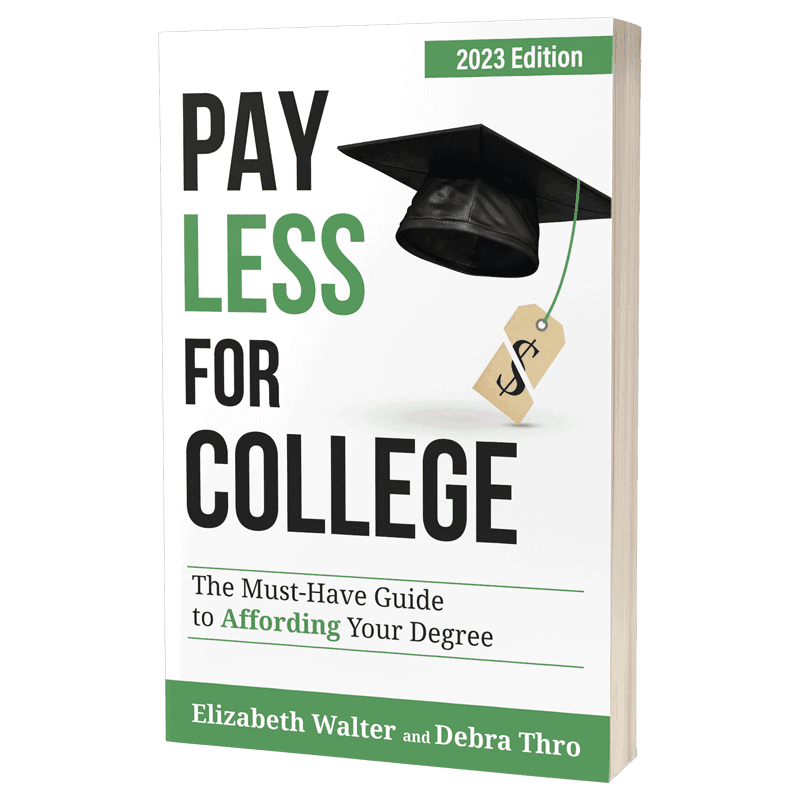Updated September 20, 2022
Students who would like to be considered for federal, state, or college need-based financial aid are almost always required to file the FAFSA (Free Application for Federal Student Aid). The FAFSA application opens each October 1 for the following academic year, but that is not the deadline for submission. There are definitely things you can and should do, before you file, to get the most aid possible, (see Don’t File the FAFSA Until You Read This!), but cheating is not one of them. You must be fully honest and accurate with your information. Intentionally providing false or misleading information on your FAFSA is considered fraud and carries penalties of fines up to $20,000, repayment of all financial aid received by the student, and up to five years in jail.
However, even if you have done nothing wrong, you can still be selected for a financial aid practice called FAFSA Verification.What is FAFSA Verification?
The US Department of Education requires a selected group of students to give their college’s financial aid office supporting documentation for some or all of the financial or other information reported on the FAFSA. FAFSA Verification prevents ineligible students from receiving aid and ensures eligible students receive all the aid they qualify for.Who Gets Selected for Verification?
The methods used by the Department of Education to determine who and what data points are selected for verification are not made public. But we do know that about one-third of all applications are selected each year and the main reasons include:- You were chosen randomly
- Your FAFSA was incomplete
- Your FAFSA contains estimated information
- Your information is inconsistent or incorrect
What Gets Verified?
Information that might require verification includes:- Adjusted Gross Income (AGI)
- U.S. Income Tax Paid
- Untaxed Portions of IRA Distributions
- Portions of Pensions
- IRA Deductions and Payments
- Tax Exempt Interest Income
- Education Tax Credits
- Income Earned from Work
- Household Size
- The number in College Students in the Household
- Verification of Supplemental Nutrition Assistance Program (SNAP) assistance
- Child Support Paid
- High School Completion Status
- Applicant Identity and Statement of Education Purpose
How Do You Know if You are Selected?
If you are selected for verification, an asterisk will appear next to your EFC (Expected Family Contribution) on your SAR (Student Aid Report), which is a summary of your FAFSA submission. You may also be notified by the school you plan to attend, either through your online account, university email, personal email, or letter. Students should check their communications regularly after filing the FAFSA. Missing the notice that your FAFSA was selected for verification isn’t a valid excuse. Most of the financial information that was accurate as of the day you originally signed your FAFSA may not be changed. For example, if you spent your savings after filing your FAFSA you cannot change the amount you reported. This is why it’s important to do everything you can before you file, to reduce your EFC. However, if there is a significant change in your or your parents’ financial situation (such as a loss of income or significant medical bills) that occurred since you filed, contact the financial aid office.What if Your Financial Aid Award Changes?
Going through the verification process doesn’t usually affect how much aid you receive. However, it might, and you could end up with less aid than you were originally awarded. If this happens, contact the college’s financial aid office to see what options you have.Can You Avoid FAFSA Verification?
Many FAFSAs are selected for verification randomly so there is no sure way to avoid it. But you can reduce your chances of being chosen if you follow these guidelines:- Be honest (People who try to game the system usually get caught.)
- Be accurate
- Use the IRS Data Retrieval tool to import income tax data directly into your FAFSA
- Correct errors on your FAFSA as soon as you find them
Learn More!
Paying for college shouldn’t be harder than going to college!



